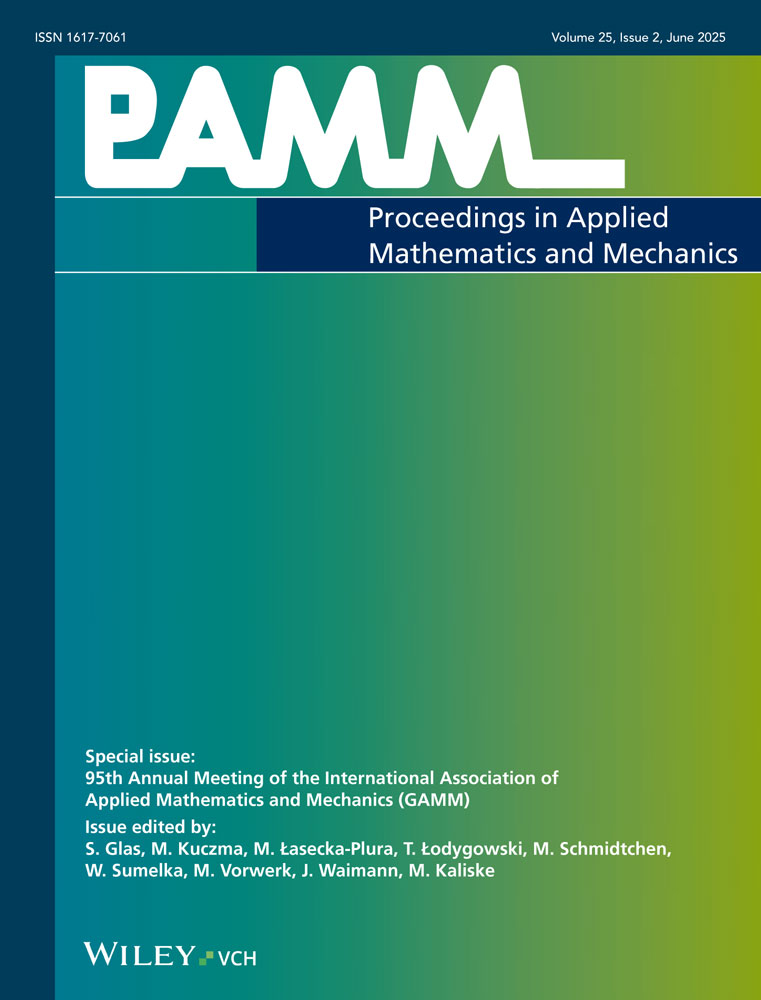Adaptation and Enhancement of Generalized Polynomial Chaos for Industrial Applications
Abstract
This contribution presents ideas, how to adapt stochastic elements to industrial applications and reduce the number of simulations in comparison to Monte Carlo. Especially when the mathematical model equations are not known and just an input/output interface is given. For this so called black box model which can be generated by many simulation tools the generalized polynomial chaos based on the idea of Wiener [1], and extended by Xiu and Karniadakis [2] is a suitable technique. One main advantage of this concept can be seen in the ability to produce functional representations of stochastic variability. This yields in a reduction of the simulation number compared to classical methods and can intensified by using a sparse grids approach [3]. Looking at industrial applications the concept can be applied to a huge amount of systems. For example, components including electronic drives, fuel injection valves, and mechanical parts. As an example of use, a simplified model of a DC drive with six uncertain parameters is taken into account. (© 2015 Wiley-VCH Verlag GmbH & Co. KGaA, Weinheim)




